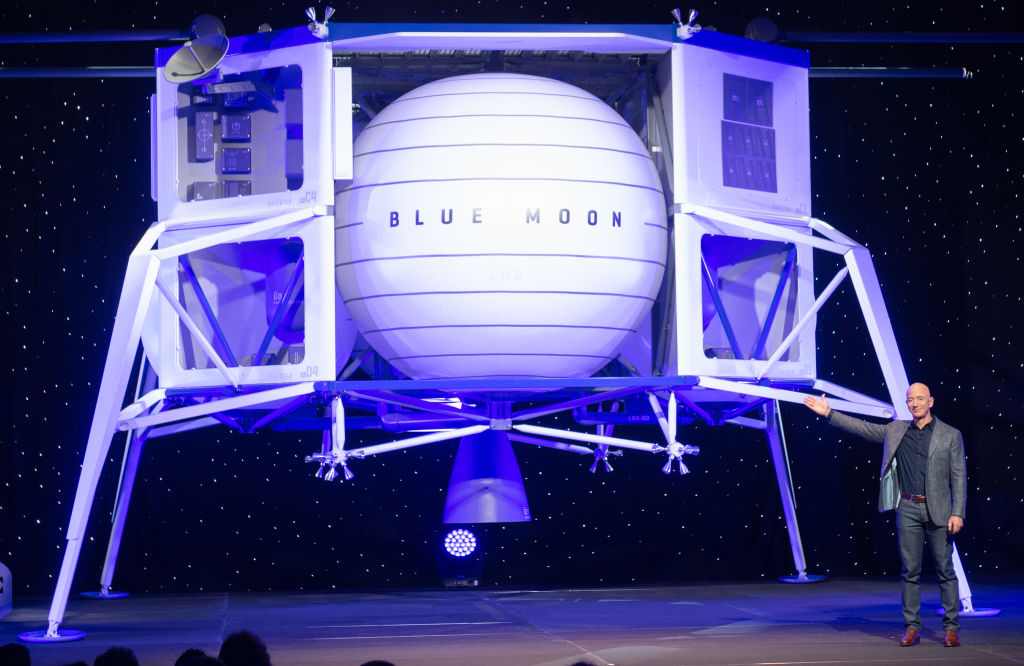There will be exhibitions, television documentaries, and a gala concert organised by Nasa. Over the course of this weekend, the world will quite rightly be celebrating the fiftieth anniversary of the first time a man walked on the surface of the moon. Even after the passage of half a century, it remains an unchallenged achievement and one that has still not really been bettered. And yet, there will also quite rightly be a nagging question behind that: what happened to all that innovation and drive?
The answer? It hasn’t disappeared. But it has been privatised. And we can now find it in the vast sums spent on blue-sky research by the giants of the technology industry.
With the benefit of hindsight, the moon landings were a dead end. We only went a few times, decided there was not much to get excited about, didn’t bother to return, and never pressed forward with manned exploration of the rest of the solar system.
And yet, the Apollo missions were also the most expensive government-backed science programmes of all time. Going to the moon was a fantastically expensive thing to do. Inflation makes comparison difficult, but at its peak the program consumed an estimated one per cent of American GDP. It burnt through five per cent of government spending and in today’s money cost around £139bn ($175bn). That’s an expensive walk.
It was often justified in terms of the spins off for industry. There was some truth in that – although it’s a myth that Teflon and Velcro came out of the space programme – and much of the modern computing industry has its roots in space research. But the point that is really noticeable is this: the kind of dramatic innovation the Apollo program represented is no longer being pioneered by Nasa. These days, it is the technology billionaires, from Amazon’s Jeff Bezos to Tesla’s Elon Musk, who are pushing forward with space exploration, building rockets that can power a new generation of space travel.
But more significantly, it is the same companies that are pouring billions of dollars into blue-sky research. The sums are not quite as staggering as the money the American government spent on the moon landing, but they still dwarf anything that anyone else is doing.
Amazon is currently spending £17bn ($22bn) a year on research and development. Alphabet, the parent of Google, is spending £12.8bn ($16bn) annually, Apple £11bn ($14bn), and Samsung £10.3bn ($13bn). Microsoft and Facebook were not far behind. Even a relative newcomer such as Uber spent close on £400m ($500m) on research last year. Amazon’s spend alone is now more than Nasa’s entire budget of £17bn ($21bn). Taken together, the tech giants outstrip it by a factor of more than four.
It remains to be seen how much value is created from all that. The massive sums sunk into drones, flying taxis, space-driven broadband, vertical farming, lab-grown meats, and AI powered lawyers and teachers, to take just a few examples, may or may not pay off. And yet, unlike the Apollo missions, the cost in born solely by the shareholders of those companies, and not by the taxpayer. In truth, we haven’t lost any of the spirit of innovation that drove Apollo 11. But we have moved it into the private sector – and that is probably for the better.






Comments